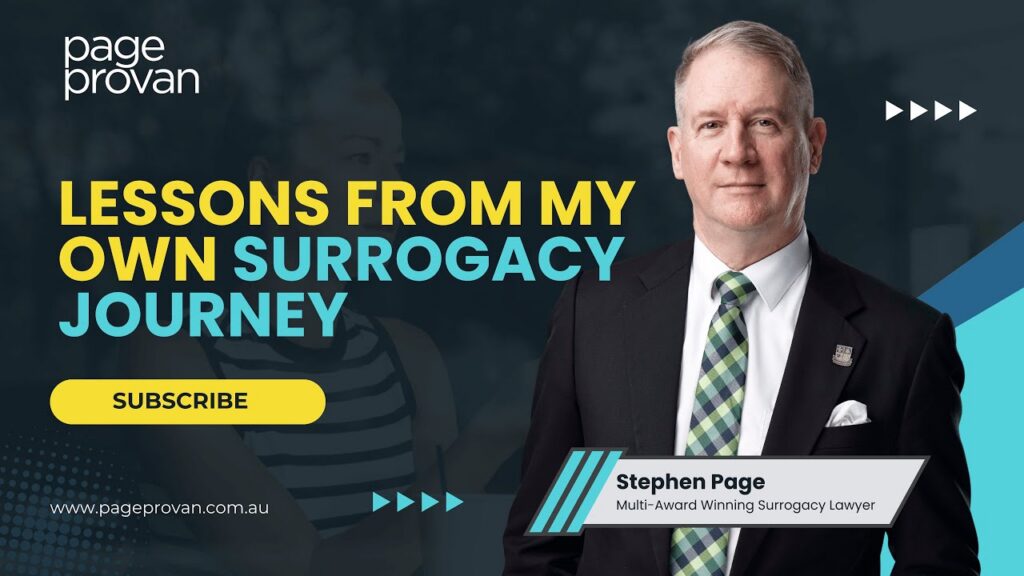Collaborative law: memorable quotations
Collaborative law is a specific method of attempting to settle family law disputes. A North Carolina family lawyer, Mark Spencer Williams of Rice Law PLLC has usefully summarised the concept of collaborative law:
Under collaborative law, each party will generally:
1) Sign an agreement that they will not litigate;
2) Agree to disclose all information;
3) Participate in a series of meetings between the parties and their
collaborative lawyers in order to settle their case often, over a potluck meal;
4) Agree that all communications during settlement negotiations shall not
be used in a subsequent court proceeding; and
5) Hire one expert in each field and split the costs (e.g., a
collaboratively trained CPA, a collaboratively trained mental health
professional) instead of hiring dueling experts.Collaborative law differs from mediation in that there is no pending
court case and while a mediator is a neutral third party, in collaborative law
the parties’ attorneys facilitate the negotiations. If the parties are unable to
reach an agreement, the collaborative law attorneys no longer represent them and
they hire other attorneys to litigate their matter under the normal adversarial
process. Proponents claim that 94% of cases are settled through the
collaborative law model and that collaborative law is quicker, cheaper and less
confrontational. Practitioners of collaborative law admit it is not suitable for
cases involving domestic violence, drug or alcohol addiction, and mental
illness.
OK so far. Now we know what collaborative law is. Whether you agree with him or not, Mr Williams makes plain that he is not in favour of collaborative law. One cannot accuse Mr Williams of mincing words:
Collaborative law has certainly not taken hold here in the Fifth and
Thirteenth Judicial Districts. Perhaps this is because couples who are facing a divorce are not likely to hire lawyers who are more akin to mental health therapists and advocate that everyone get naked, jump in a pile, eat potluck and sign agreements mutually beneficial to everyone. If the couple is fair minded, we don’t need collaborative law to reach settlement (see statistics above showing the settlement process under adversarial law already works). If they are not fair minded, it is my opinion they are more likely to reach settlement if they have a court date and a lawyer who is prepared to try their case…(emphasis added)
Perhaps I am old fashioned but I see collaborative law as an oxymoron.
Lawyers are trained to do battle for their clients. Certainly, we learn the art
of negotiation and seek settlements that are to the benefit of our client (and
the children who are the subject of a custody dispute) but collaboration and law
simply don’t fit together. You might feel really good about it but I don’t see
how you can be sure you did the right thing.












